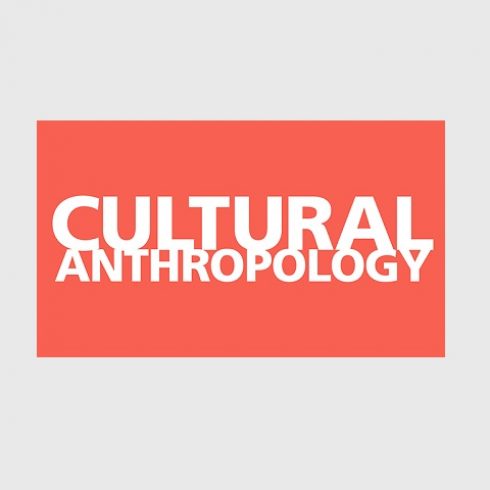Feminist Theory, Embodiment, and the Docile Agent
Some Reflections on the Egyptian Islamic Revival
Saba Mahmood
Cultural Anthropology 2008

Abstract
In the last two decades one of the key questions that has occupied many feminist theorists is how should issues of historical and cultural specificity inform both the analytics and politics of any feminist project. Although this questioning has resulted in serious attempts at integrating issues of sexual, racial, class, and national difference within feminist theory, questions of religious difference have remained relatively unexplored in this scholarship. The vexed relationship between feminism and religious traditions is perhaps most manifest in discussions on Islam. This is due in part to the historically contentious relationship that Islamic societies have had with what has come to be called “the West,” but in part to the challenges contemporary Islamic movements pose to secular-liberal politics of which feminism has been an integral (if critical) part. In particular, women’s active support for a movement that seems to be inimical to their own interests and agendas, at a historical moment when more emancipatory possibilities would appear to be available to women, raises fresh dilemmas for feminists.
View Publication > Share
Share






Commentary
The latest commentary on the use of antimicrobials in society.
Welcome to the AMIS Hub!
The story of ‘How do we get patients to stop demanding antibiotics?' to where we are now.
Markets and Pharmaceuticals: Hardship, Antibiotics, and Markets for...
Northern Thailand (Chiang Rai), 19 March 2018, 7am: The steep mountain road winds through rice fields, small streams, and coffee...
Social Science and AMR Research Symposium: Event
The AMIS Programme hosted a work-in-progress symposium and networking event on 10 September 2018, at the British Academy.